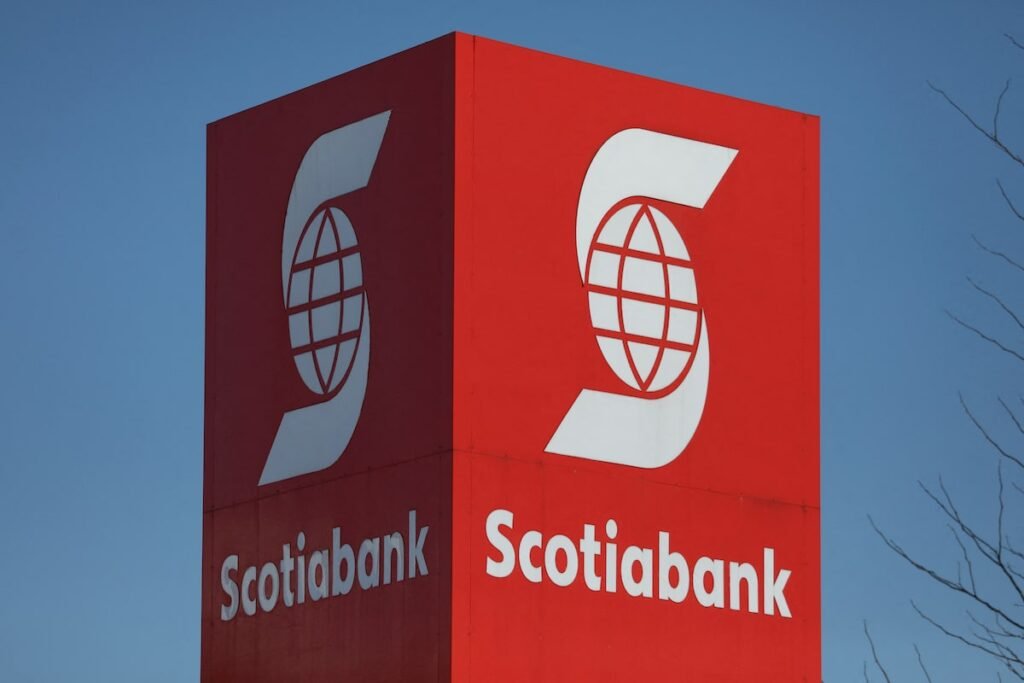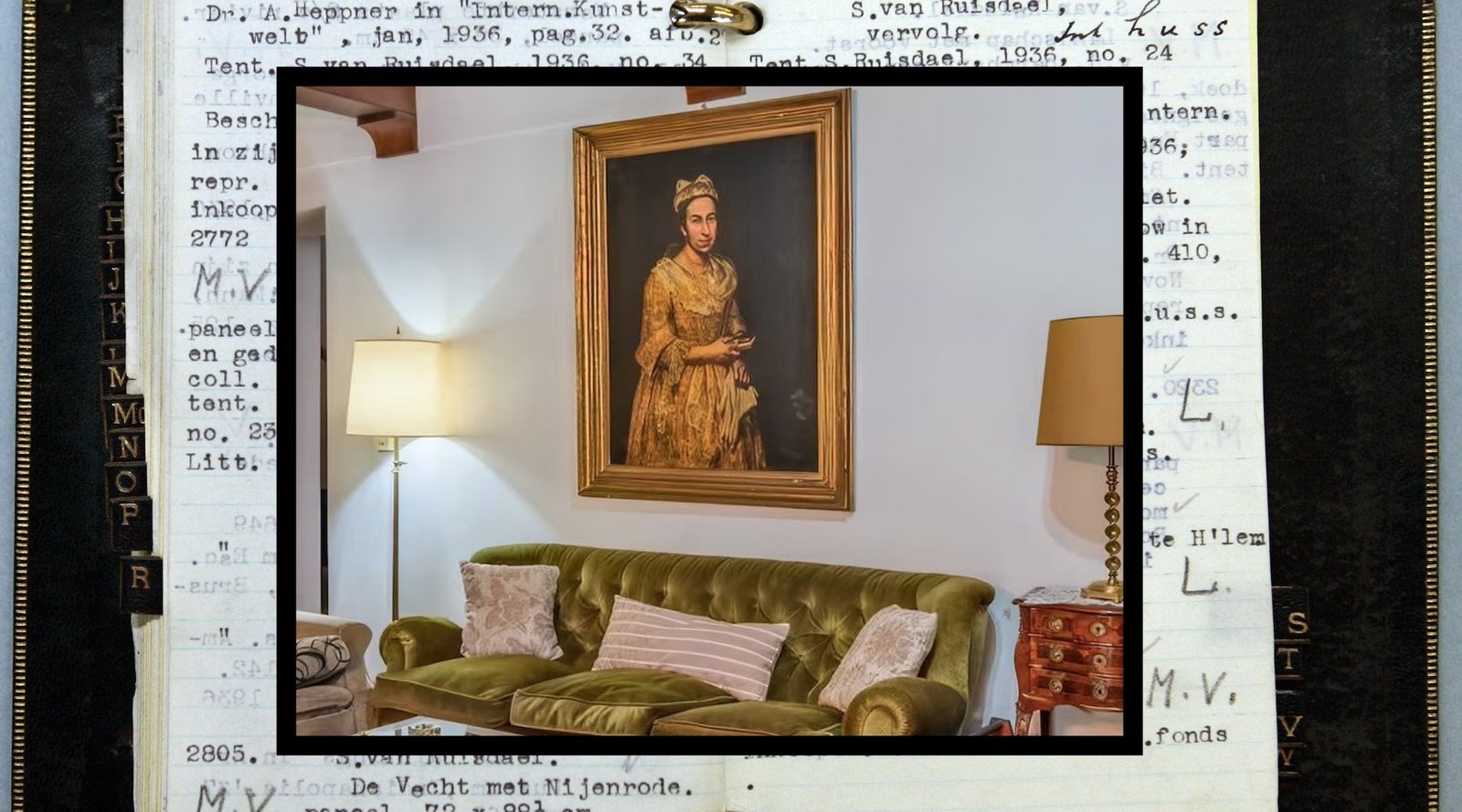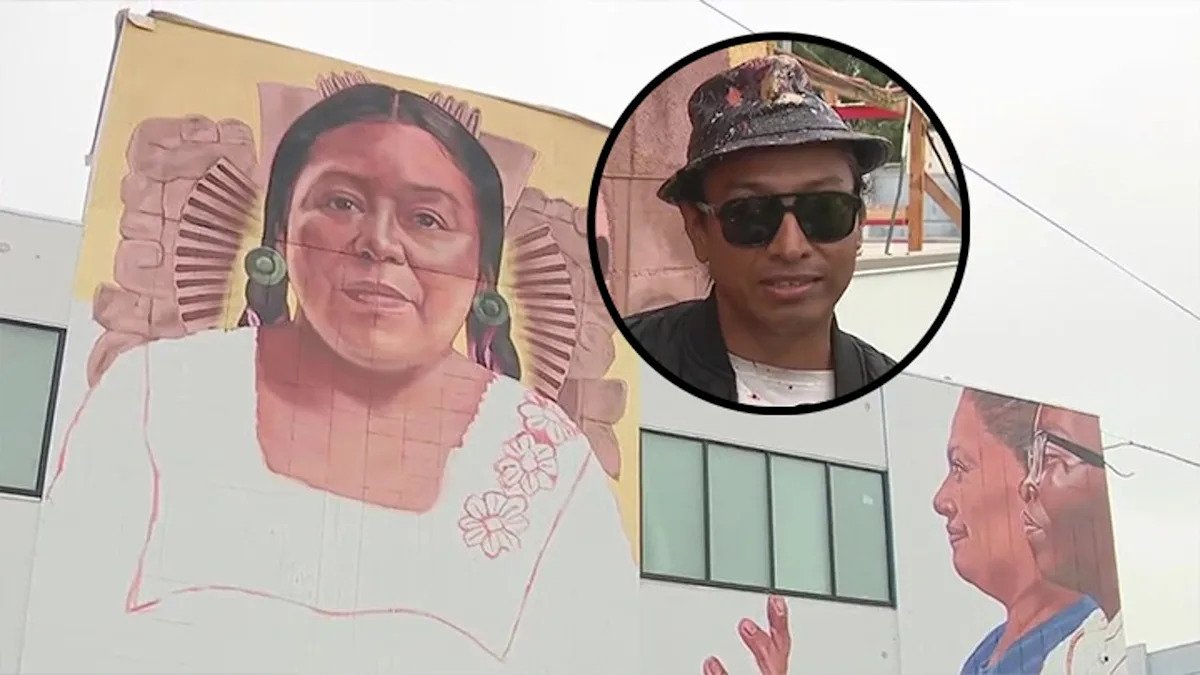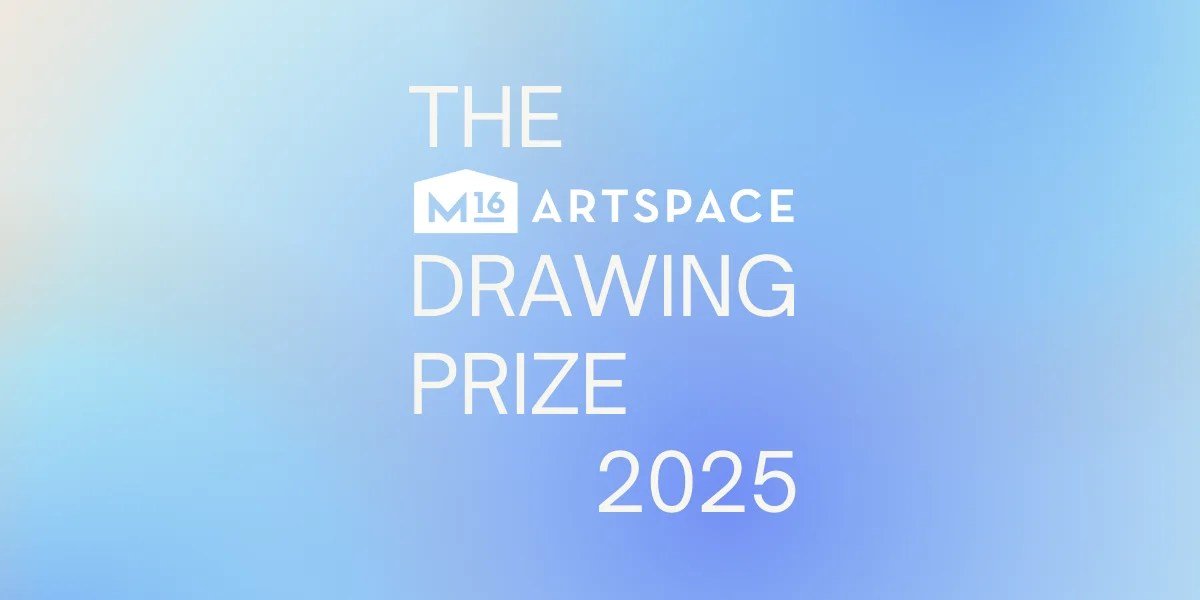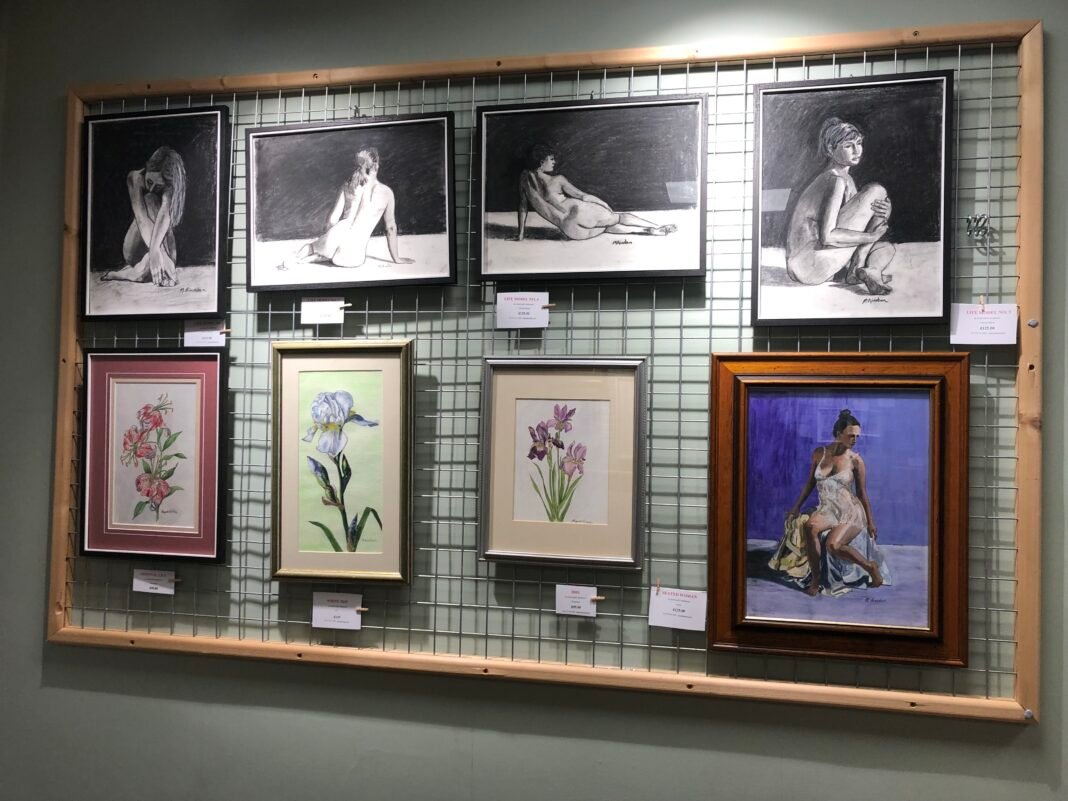Toronto’s Contact Photography Festival has lost more than a dozen exhibitors as artist opposition grows against its title sponsor, Bank of Nova Scotia, for a subsidiary’s stake in a major Israeli arms manufacturer during the Israel-Hamas war.
The group Artists Against Artwashing has been contacting photographers, lens-based artists and venues for months to alert them to a Scotiabank asset manager’s roughly US$400-million stake in Elbit Systems Ltd., whose products includes military drones and artillery ammunition. Some have joined the cause, while other artists have independently left the festival.
Sophie Sabet, a past winner of Contact’s Gattuso Prize for featured exhibitions by early-career artists, said she withdrew from a festival residency this year over the Scotiabank connection, declining the associated compensation despite the precarity of living as an artist. “Knowing that any work that I do for my practice would be linked to this genocide, I wouldn’t be able to wrap my head around that,” the installation video artist said.
These pullouts have left Contact, one of the world’s biggest photography festivals, facing a double bind over the bank that has funded much of its budget for a decade and a half.
The Globe and Mail first reported in March that Scotiabank gave notice last year that it would stop its roughly $500,000 sponsorship after this year’s festival, which runs all of May. Contact has yet to find a replacement, creating deep financial uncertainty for one of the country’s most influential promoters of photography as an art form. But the sponsorship’s pending end has done little to dissuade artists opposed to Elbit from departing Contact, diminishing the festival’s size as it already faces significant restructuring.
“Knowing the connection between Contact and Scotiabank, I am not willing to participate or take funding from an organization that basically is funding genocide,” said Umber Majeed, a New York-based multidisciplinary visual artist, who hosted a virtual exhibition of her project Dil Dil Trans-Pakistan after initially planning to participate in Contact.
Hamas militants killed about 1,400 Israelis and took approximately 250 people hostage in an attack on Oct. 7; the death toll of Palestinians in Gaza since Israel declared war on Hamas has since surpassed 35,000, according to Gaza’s health ministry.
Contact chief executive Darcy Killeen said about 15 of the planned 140 exhibiting venues and partners have pulled out, adding that he understands that many artists don’t feel comfortable being affiliated with Scotiabank.
The festival is now working out new funding guidelines for future editions, which will seek “to provide a safe, equitable space for current and future exhibiting artists and partners,” according to a recent e-mail that Contact organizers sent partners.
But the end of the Scotiabank sponsorship also means that Contact expects revenue to fall 65 per cent in 2025. It’s beginning a four-year restructuring that has included laying off two of the festival’s six full-time staff. “It’s been very difficult for everybody,” Killeen said in an interview.
The festival’s own gallery on Spadina Avenue has gone dark this year, too, after the artist Laura Margaret Ramsey, an imaging specialist and photographer, decided to pull her exhibit. Called DAMNED, it uses beavers’ living structures to examine notions of home and safety. Ramsey was not available for comment, but Killeen said he was told that given the theme, the installation “cannot exist at a time when many others cannot enjoy the same privilege of safety.”
Artists Against Artwashing began rallying artists to push back against Contact since before the festival’s exhibit-registration deadline and said that it convinced numerous people to avoid registering at all. The organization has since been pushing participants to withdraw, to write Contact organizers to push them to press Scotiabank to divest from Elbit, or to draw attention to the bank subsidiary’s Elbit stake in their installation.
“We don’t want any of our labour going toward arms manufacturing – so that’s why our call is about divestment,” said Mitra Fakhrashrafi, one of the group’s organizers.
Toronto Metropolitan University separately postponed the annual Scotiabank Photography Award ceremony, which has historically offered winners a slot at the next year’s festival but is not directly a part of Contact. The gala for the $50,000 prize was scheduled for last Tuesday, but the university said in an e-mail to The Globe that it was among many events cancelled “out of an abundance of caution, given demonstrations at university campuses and organizations across Canada.”
Elbit is one of Israel’s biggest defence companies and reported 7.9-per-cent year-over-year revenue growth in its most recent quarter, to U$1.6-billion, in part owing to “material increased demand for our products and solutions from the Israel Ministry of Defense.”
Filings with the U.S. Securities and Exchange Commission show that 1832 Asset Management, the Scotiabank subsidiary, was once one of Elbit’s biggest shareholders, at more than 5 per cent, though its stake had dropped to just over 4 per cent at the end of 2023. Artists have also protested this investment in connection with the bank’s major sponsorships of both the Scotiabank Giller Prize and the Hot Docs documentary festival.
Scotiabank declined to comment for this story.

